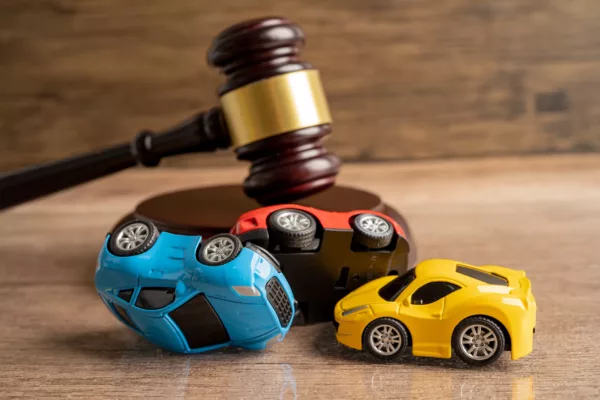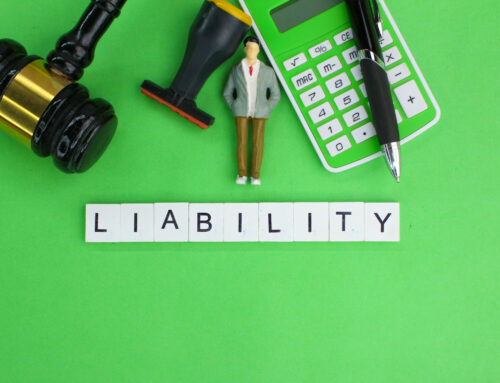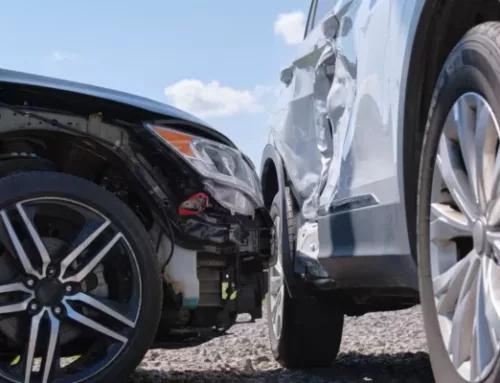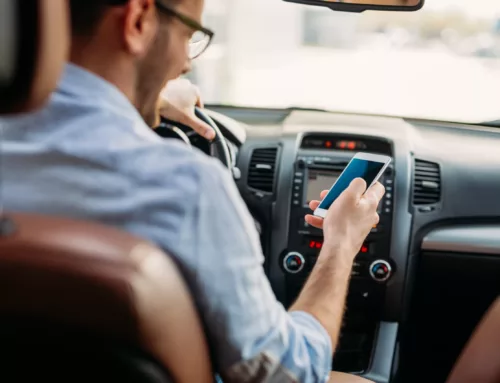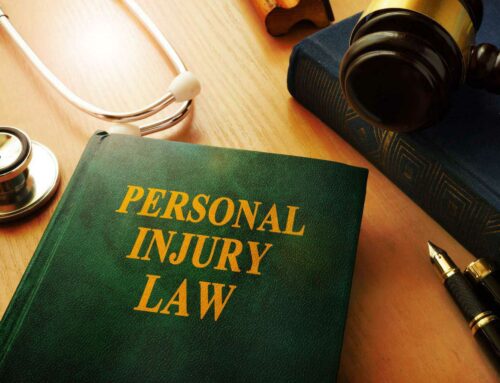Who Is Liable for Your Injury While on Someone Else’s Property?
Accidents occur. They’re different when they happen on someone else’s property due to neglect or bad maintenance. Premises liability is an important personal injury law topic. Premises liability accidents happen more often than you realize in Wheeling, West Virginia, and across the country. This article discusses the most prevalent premises liability accident causes and how they can cause serious injuries.
After a premises liability accident, Ghaphery Law Offices, PLLC, understands the confusion and worry. Our skilled legal team will help you navigate the legal process. Contact us if the property owner’s negligence caused an accident. We’ll help you get justice and compensation.
What is Premises Liability?
Premises liability holds property owners liable if someone is injured on their premises due to unsafe conditions. The case may depend on the hazard, accident, and wounded party’s status on the property.
What are the Elements Needed to Have a Premises Liability Case?
Building a premises liability case requires establishing several key factors. These essential elements include:
- Lawful Presence: You must prove that you were legally on the property where the incident occurred.
- Duty of Care: This entails showing that the property owner has a responsibility to ensure the safety of their premises.
- Breach of Duty: You need to demonstrate that the property owner failed to uphold their duty of care.
- Causation: Your injury must be a direct result of the unsafe condition on the property.
- Damages: You must have suffered damages, such as physical injury, emotional distress, or financial loss.
What are the Most Common Types of Premises Liability Accidents?
Premises liability accidents take many forms, and certain types occur more frequently than others. Some of the most common include:
- Slip and Fall Accidents: These can happen in various settings, like supermarkets or private homes.
- Dog Bites or Animal Attacks: Incidents might occur in neighborhood parks or on farms.
- Swimming Pool Accidents: These can occur at community pools, private pools, or public water parks.
- Inadequate Security: Situations could arise in shopping mall parking lots or apartment buildings.
- Elevator or Escalator Accidents: Unforeseen injuries may happen on store escalators or hotel elevators.
- Exposure to Toxic or Hazardous Substances: Incidents might involve exposure to lead paint or mold in homes or apartments.
What are the Most Common Causes of Premises Liability Accidents?
Some premises liability causes are more common than others. These typical causes may indicate property owner or occupier neglect. Most premises liability accidents are caused by:
Poor Maintenance
Poor maintenance on a property might make it unsafe for guests. This includes property owners who neglect to fix dangers. Examples of poor maintenance could involve:
- Broken staircases: Stairs that are cracked, unstable, or missing handrails can cause severe injuries if a visitor trips or falls.
- Crumbling walkways: Walkways that are uneven, have potholes, or are otherwise in disrepair can lead to tripping accidents.
- Leaking pipes: Leaks can create wet surfaces that are slip hazards. Over time, they can also lead to mold growth, posing potential health risks.
- Deteriorating structures: This could include everything from loose ceiling tiles to unstable balconies. If these structures fail, they can cause significant injuries to visitors.
Inadequate Lighting
Inadequate lighting makes it unsafe to navigate a property. This includes building interiors and exteriors. Poor lighting can obscure hazards, causing accidents. For instance:
- Stairwells and hallways: Steps might be missed without sufficient lighting, causing falls. In dark hallways, the same applies.
- Parking lots: Poor lighting makes potholes and uneven surfaces harder to see, increasing accident risk. It increases the risk of violence and theft.
- Outdoor areas: To avoid accidents, walkways, gardens, and other outside spaces should be well-lit.
Lack of Warning Signs
Premises liability accidents often result from a lack of warning signage. The property owner must clearly identify temporary hazards. This can include situations such as:
- Wet Floors: Spills or cleaning can wet flooring in grocery stores and offices. Slipping and falling might cause injuries if a “Wet Floor” notice is not prominently posted.
- Construction Zones: Construction sites should have signs warning of falling debris, uneven surfaces, and exposed wires.
- Dangerous Conditions: This could include freshly waxed floors, low doorways, steep staircases, or other peculiar visitor hazards.
Spills and Wet Surfaces
Spills and wet surfaces can be the cause of slip-and-fall accidents, a typical premises liability incident. Commercial establishments are especially prone to such circumstances. Here’s what it typically involves:
- Unattended Spills: A restaurant drink spilled or a grocery store freezer leaking are examples. Unsuspecting guests may slip on these spills if not cleaned up immediately.
- Recently Mopped Floors: Mopped or waxed floors can be as slippery as spills. Signs warning of a damp floor are vital in commercial buildings like malls and offices.
- Weather-Related Wet Surfaces: In Wheeling, West Virginia, rain or snow can make sidewalks, parking lots, and entryways slippery, increasing the danger of falls.
Snow and Ice
Snow and ice may be dangerous, especially in colder places like Wheeling, West Virginia. Snow and ice on sidewalks, driveways, parking lots, and other surfaces can cause slip-and-fall incidents. Here’s more on the responsibilities of property owners:
- Prompt Clearing: Property owners must remove snow and ice after a storm. This includes sweeping snow from sidewalks and sprinkling salt or sand on slick places for traction.
- Continual Maintenance: Owners should monitor snowfall and freezing temperatures and clear as needed. This may require daily shoveling or checking for ice formation.
- Proper Lighting: Good lighting, especially in winter’s lower daylight hours, helps people avoid slippery patches that could cause slips and falls.
Unsafe Construction Zones
Construction sites can be dangerous, especially without proper safety measures. The owner or construction business must protect visitors during construction, renovations, or maintenance. Here’s more on what that entails:
- Safety Measures: These might include erecting barriers around the construction zone to keep visitors out, covering exposed wires, or securing loose objects that could fall and cause injury.
- Visible Signage: Clear signs should be posted to warn of potential dangers. This could include signs of falling debris, uneven surfaces, or other hazards typically associated with construction zones.
- Proper Equipment: If the construction zone is in a place that visitors might need to pass through, measures such as providing hard hats could be necessary.
- Controlled Access: Limiting access to the construction zone can help ensure that unsuspecting visitors don’t wander into a dangerous area.
Seek Legal Help for Premises Liability Accidents in Wheeling, West Virginia
Experiencing an accident can be a traumatic event, but you don’t have to go through it alone. Whether you’ve been injured due to the most common causes of premises liability accidents, suffered a dog bite, been involved in a car accident, or been harmed by a defective product, Ghaphery Law Offices, PLLC is here to guide you through these challenging times.
Don’t let the aftermath of an accident overwhelm you. Reach out to Ghaphery Law Offices, PLLC in Wheeling, West Virginia, for a consultation. Let our experienced team provide the legal support you need to seek justice for your injuries and move forward with your life. Contact us today!

